Team Silent, the developer behind the first four Silent Hill games, were a major player in the survival horror genre in the early 2000s.
Though their personnel changed substantially during the department’s five years, under the umbrella of Team Silent the studio was responsible for Silent Hill (1999), Silent Hill 2 (2001), Silent Hill 3 (2003) and Silent Hill 4: The Room (2004).
Team Silent disbanded in 2005 and their legacy then transferred West to Climax Studios (Silent Hill: Origins, Silent Hill: Shattered Memories), Double Helix Studios (Silent Hill: Homecoming) and Vatra Games (Silent Hill: Downpour) to varying degrees of commercial and critical success.
Following an expertly executed trailer in 2014, it was announced that the series would return East, specifically to Kojima Productions with the newest entry, Silent Hills.
No timeframe was given for release, and rumours have also since arisen that Hideo Kojima might be leaving Konami following the release of Metal Gear Solid V: The Phantom Pain, leaving many fans uncertain of the state of Silent Hills.
Since this piece was written it has become apparent that Silent Hills will no longer be in production, with co-director Guillermo Del Toro stating that the project is dead. – Ed).
Responsible for four of the eight released core Silent Hill titles (ignoring spin-offs like Silent Hill: Book of Memories and the unreleased Silent Hills), Team Silent have left behind a bizarre legacy.
Their games are widely praised to this day for their atmosphere, environmental storytelling, monster and world design but widely criticised for their stilted combat and vocal performances, while opinions on elements such as plotting and character design vary wildly from person to person and from game to game.
I put it that our wildly varying experiences of each of the first four Silent Hill titles stems from how different each of Team Silent’s games are in tone.
Warning: There may be spoilers ahead!
In all Silent Hill games by Team Silent, the protagonists are presented as having visited Silent Hill at some stage, either knowingly or not.
The first and third games are essentially about a cult (the Order) attempting to bring their God into the world.
The second is a much more personal tale about the sins (real or imagined) of its protagonist.
The fourth game revolves around a serial killer with direct ties to the Order who is only antagonistic towards the protagonist because of where he lives.
In Silent Hill and Silent Hill 2 the protagonists (Harry Mason and James Sunderland respectively) both go to the town at the request of a loved one (or at least that’s how it is presented) and yet stay in the town – despite evens giving them every compelling reason not to – because they are looking for that same person.
In Silent Hill 3 the protagonist, Heather, goes to Silent Hill looking for revenge – albeit in events deliberately orchestrated by the game’s antagonists.
Silent Hill 4: The Room distances itself with the traditional formula further by having protagonist Henry Townshend essentially invaded by a supernatural threat associated with the Order from a city “half a day’s drive” away from the titular town.
In terms of tone the Team Silent games are all over the place.
The tonal shifts are likely down to the ever-changing leads in the franchise. Each game in the series had a different director for example.
Keiichiro Toyama was the creator and director for the original Silent Hill and later went on to direct the (Forbidden) Siren series and Gravity Rush.
Masashi Tsuboyama directed Silent Hill 2 and acted as art designer for Silent Hill 4: The Room before having involvement in Winning Eleven: Pro Evolution Soccer 2007 and StreetPass Squad (aka Mii Force) for the 3DS.
Kazuhide Nakazawa directed Silent Hill 3 and went on to work on Rumble Roses XX, Metal Gear Solid: Peace Walker, Metal Gear Solid 4: Guns of the Patriots and quite a few PES titles.
Suguru Murakoshi directed and wrote much of Silent Hill 4: The Room but prior to that was the drama director and sub-scenario writer for Silent Hill 2, he later went on to work on Metal Gear Solid 4: Guns of the Patriots.
There are many more who shifted; producer, sub-producer, graphic design, monster design and writing roles between the different titles which would undoubtedly result in different games with differing focus and intent.
With all this change though there is a constant and at that, a constant that outlived Team Silent in the Silent Hill series, Akira Yamaoka, who worked as the composer for Silent Hill through Silent Hill 4 and also Origins, Homecoming and Shattered Memories as well as the two Silent Hill movies.
Regardless of these fluctuating tones and visions, Team Silent successfully created a franchise that many consider to be the epitome of videogame horror.
I remember Team Silent’s games fondly regardless of what I consider to be their many flaws, and that’s a strong legacy to leave behind.
You can listen to the in-depth Cane and Rinse podcasts on each instalment of the Silent Hill series by following these links:
http://caneandrinse.com/silent-hill-cane-rinse-151/
http://caneandrinse.com/silent-hill-2-cane-rinse-155-2/
http://caneandrinse.com/silent-hill-3-cane-and-rinse-159/
http://caneandrinse.com/silent-hill-4-the-room-cane-and-rinse-163/
http://caneandrinse.com/silent-hill-origins-cane-and-rinse-167/
http://caneandrinse.com/silent-hill-homecoming-cane-and-rinse-171/
We also interviewed the original creator of Silent Hill, Keiichiro Toyama back in 2012:




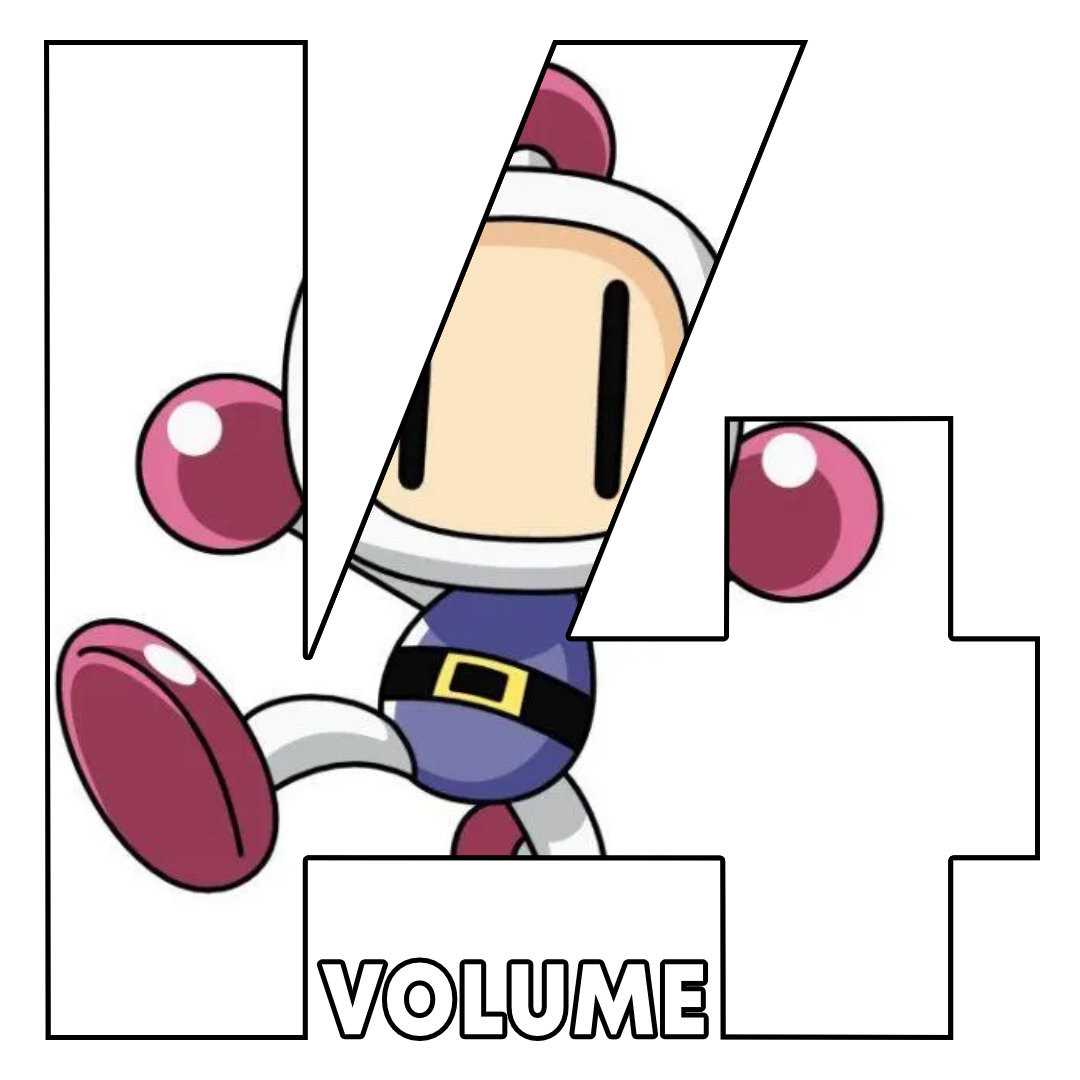
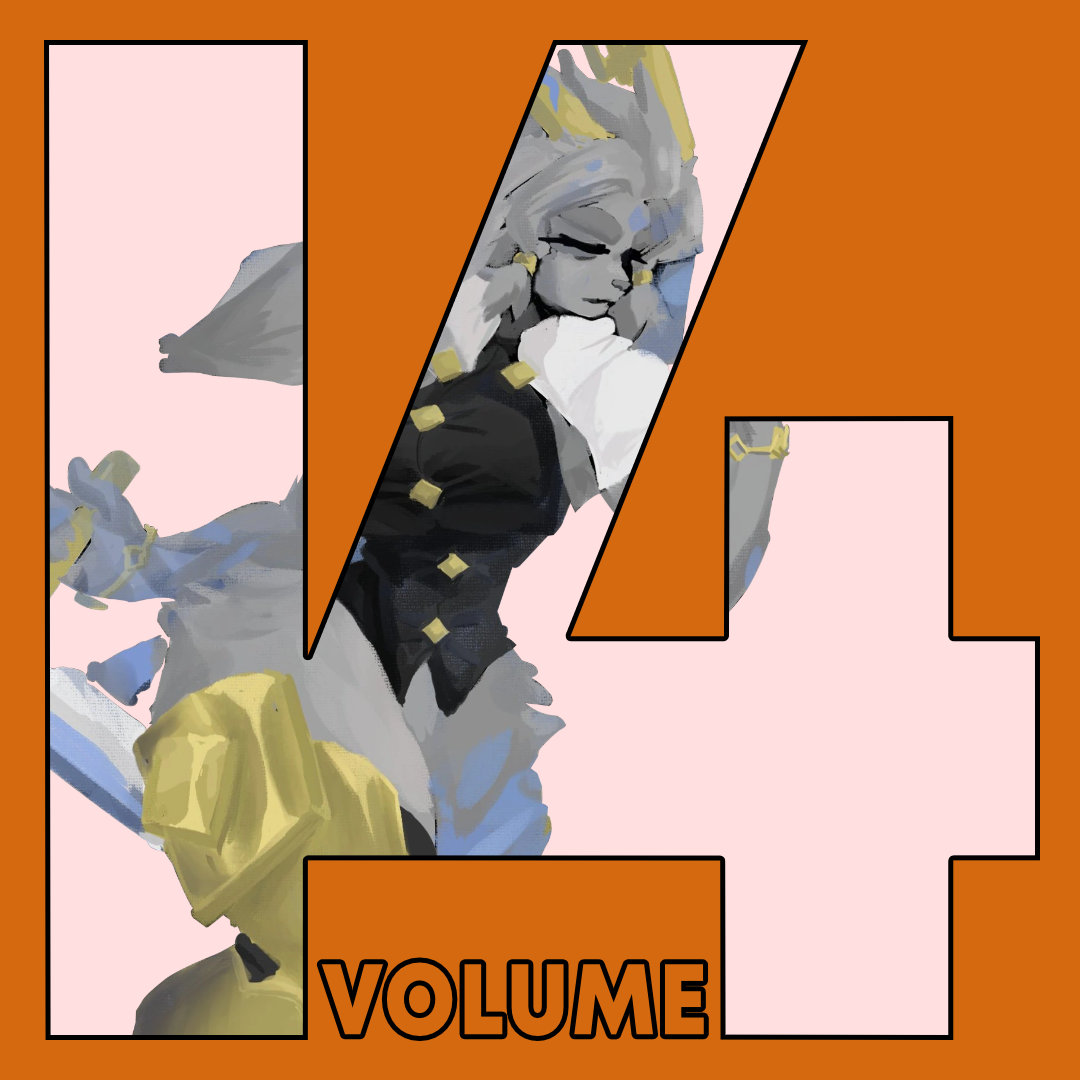
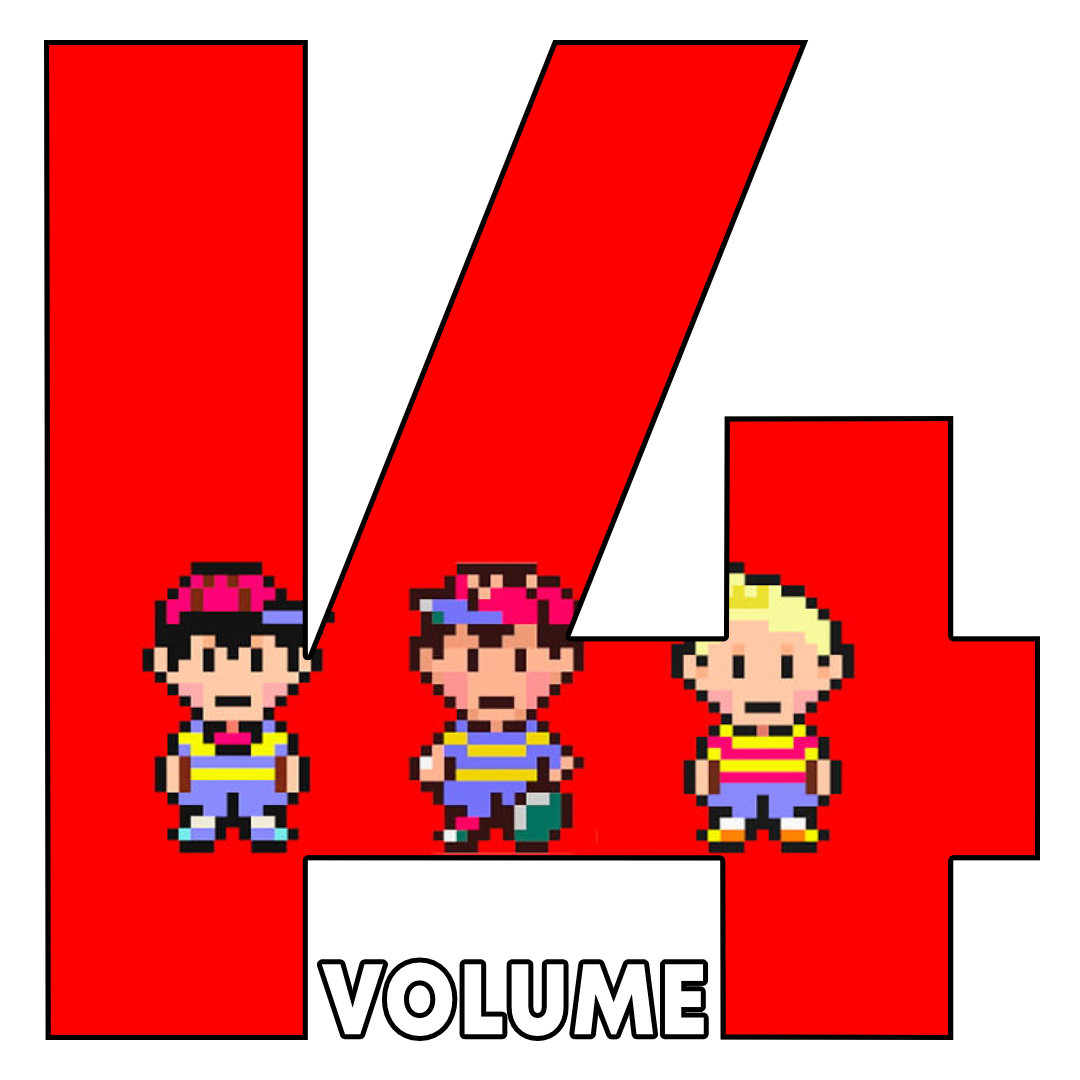
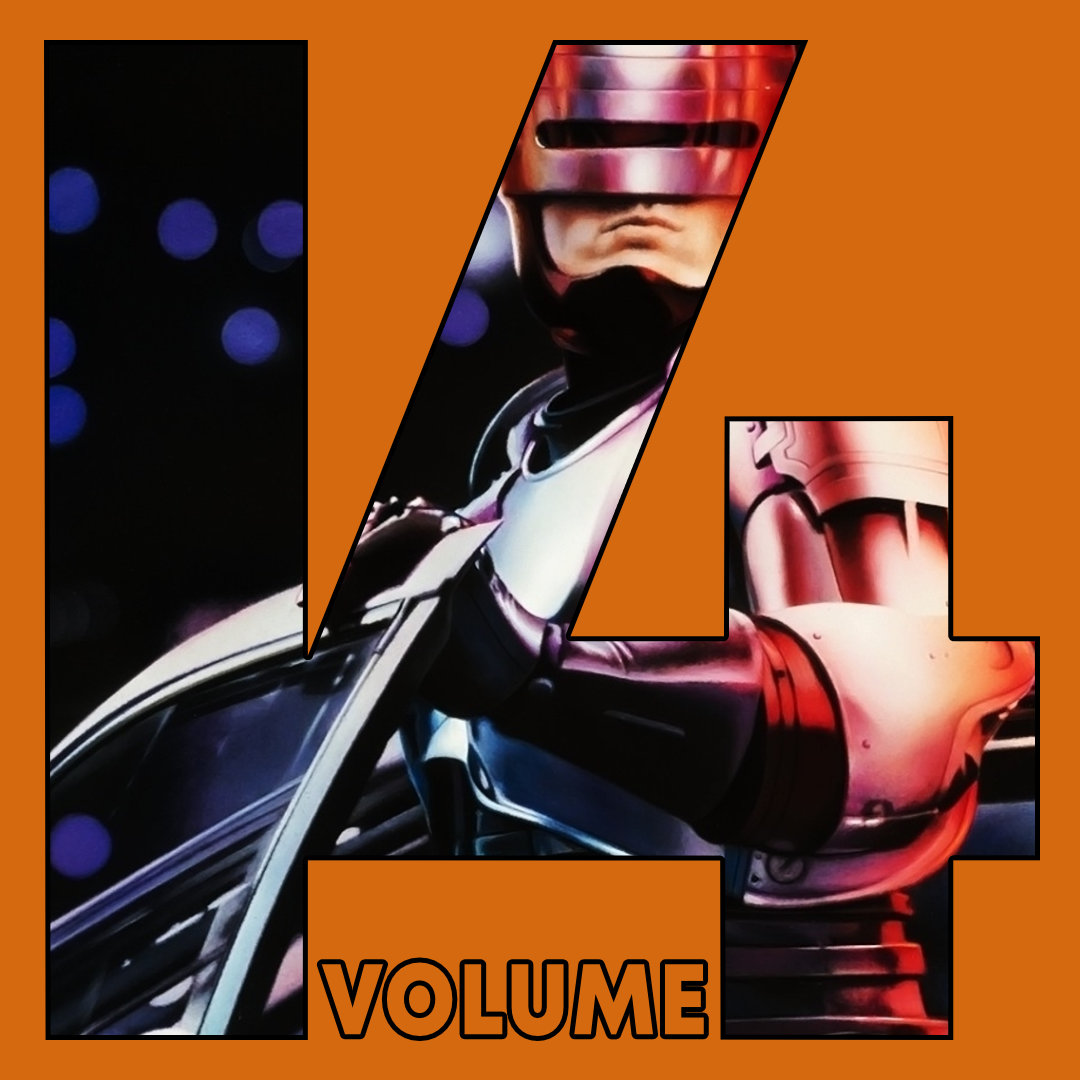
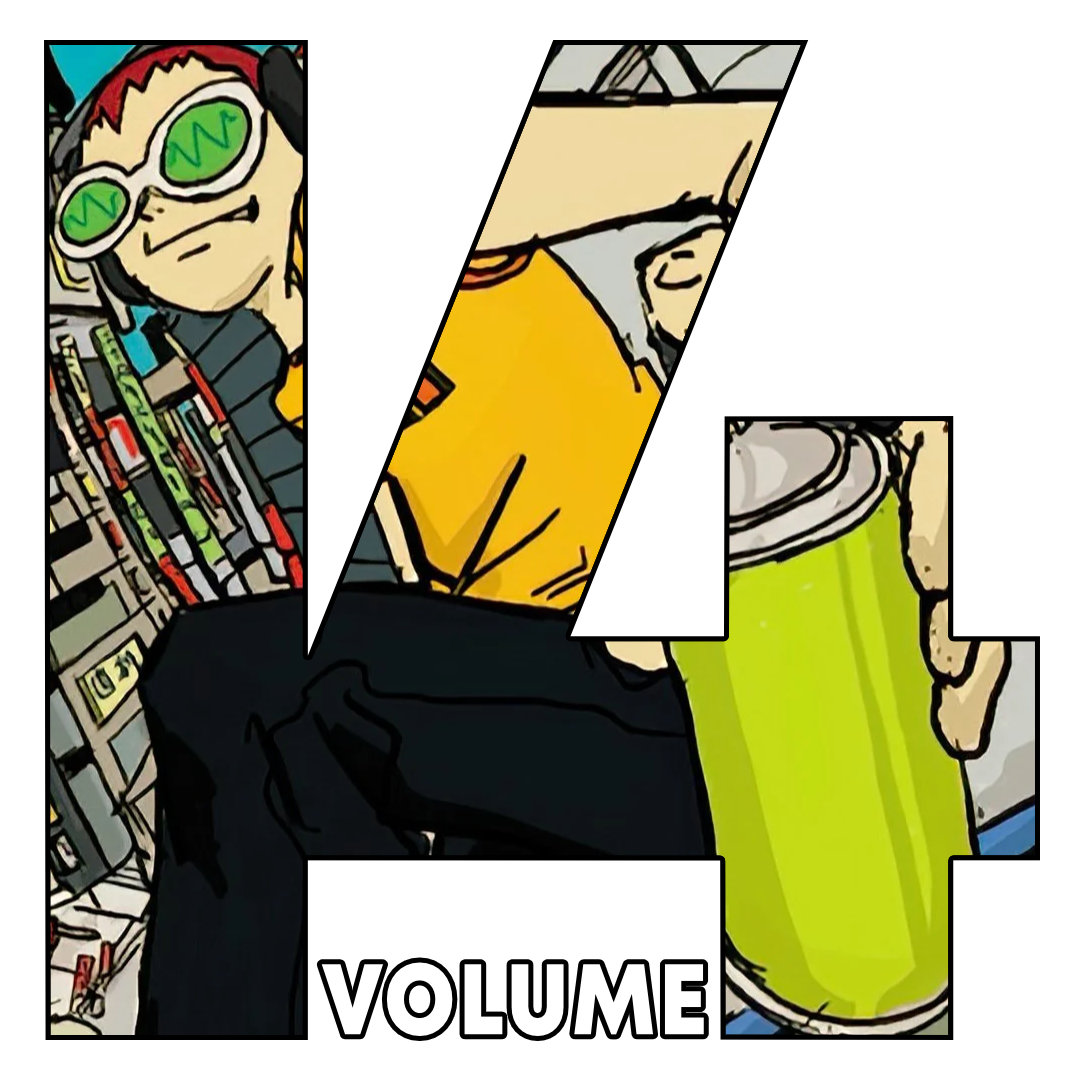
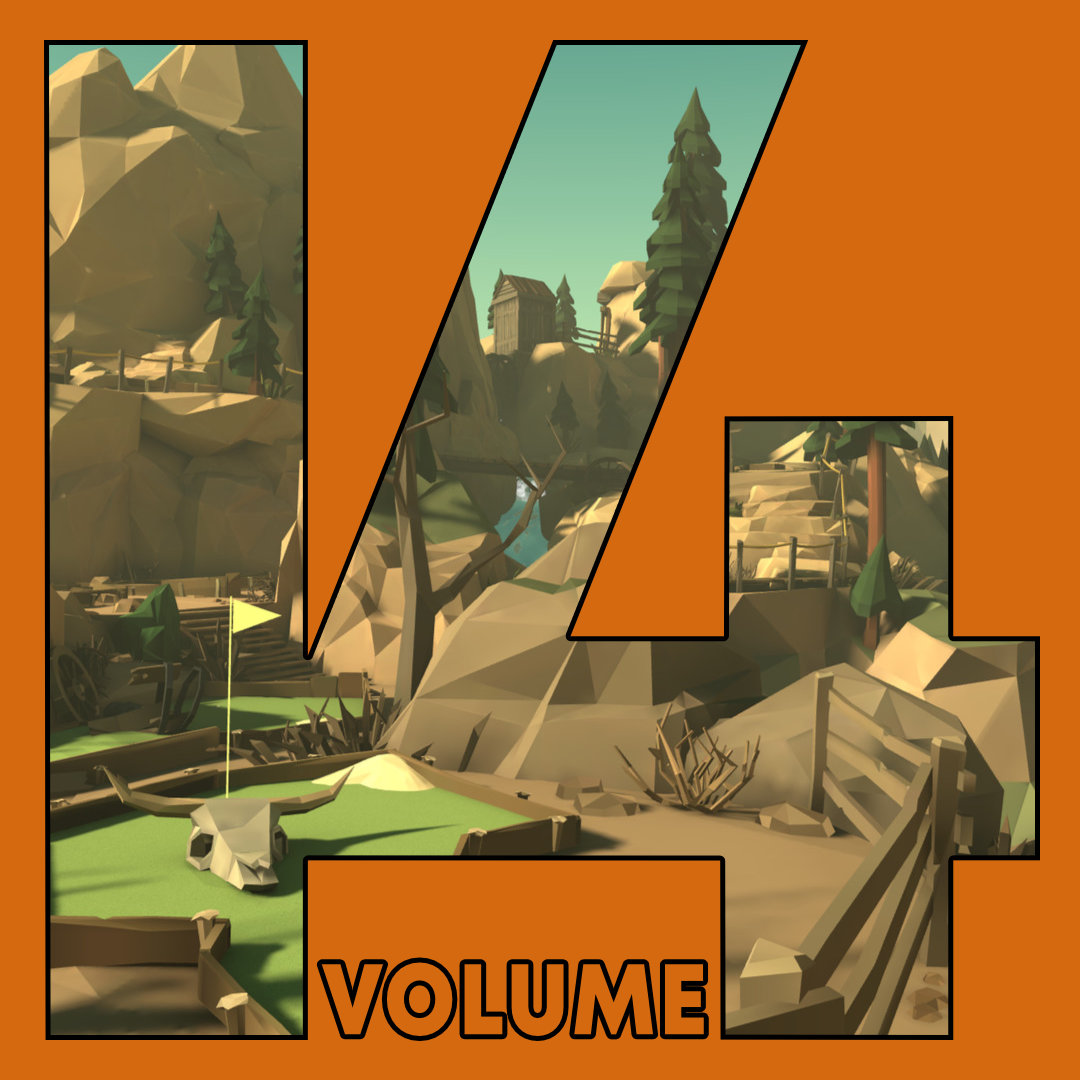


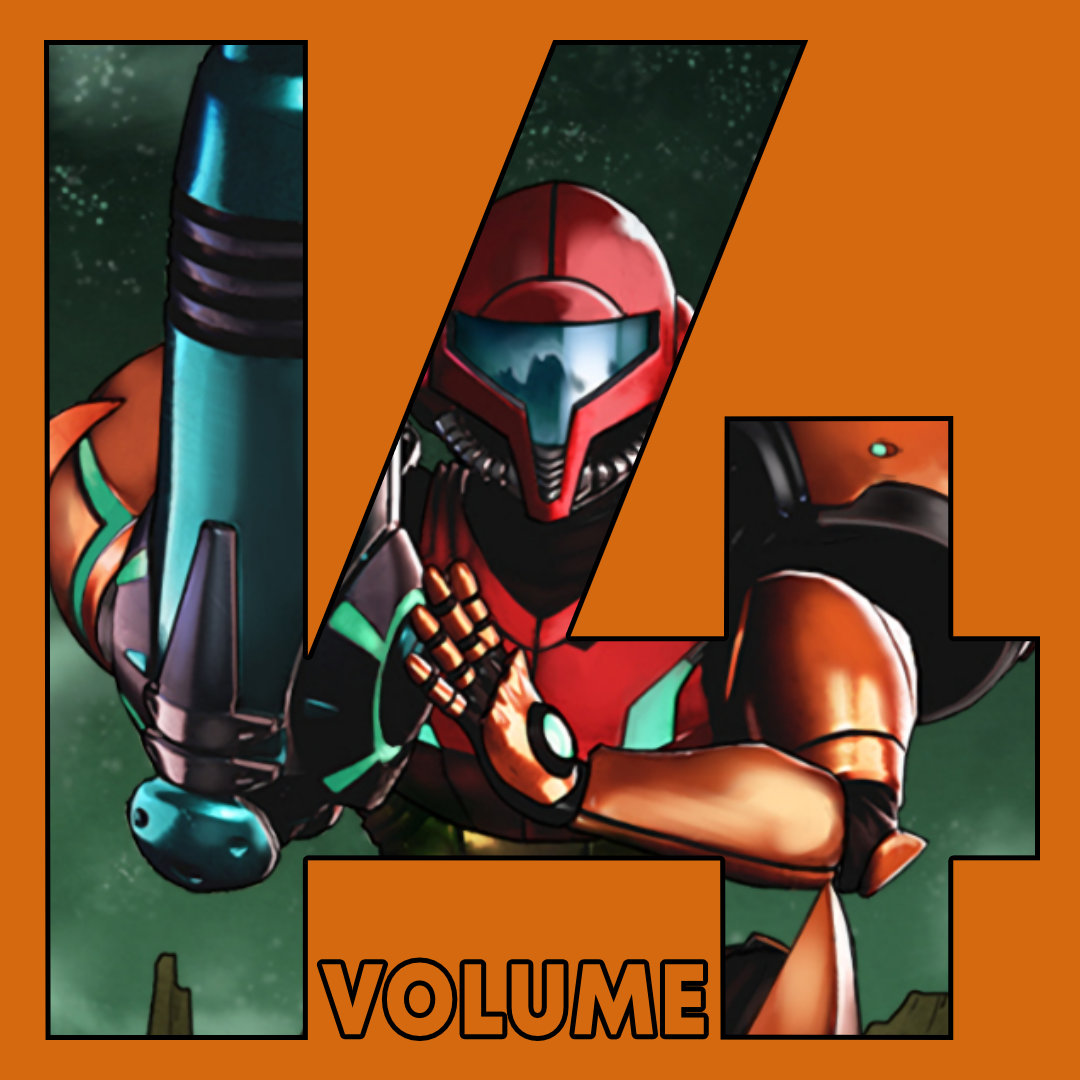
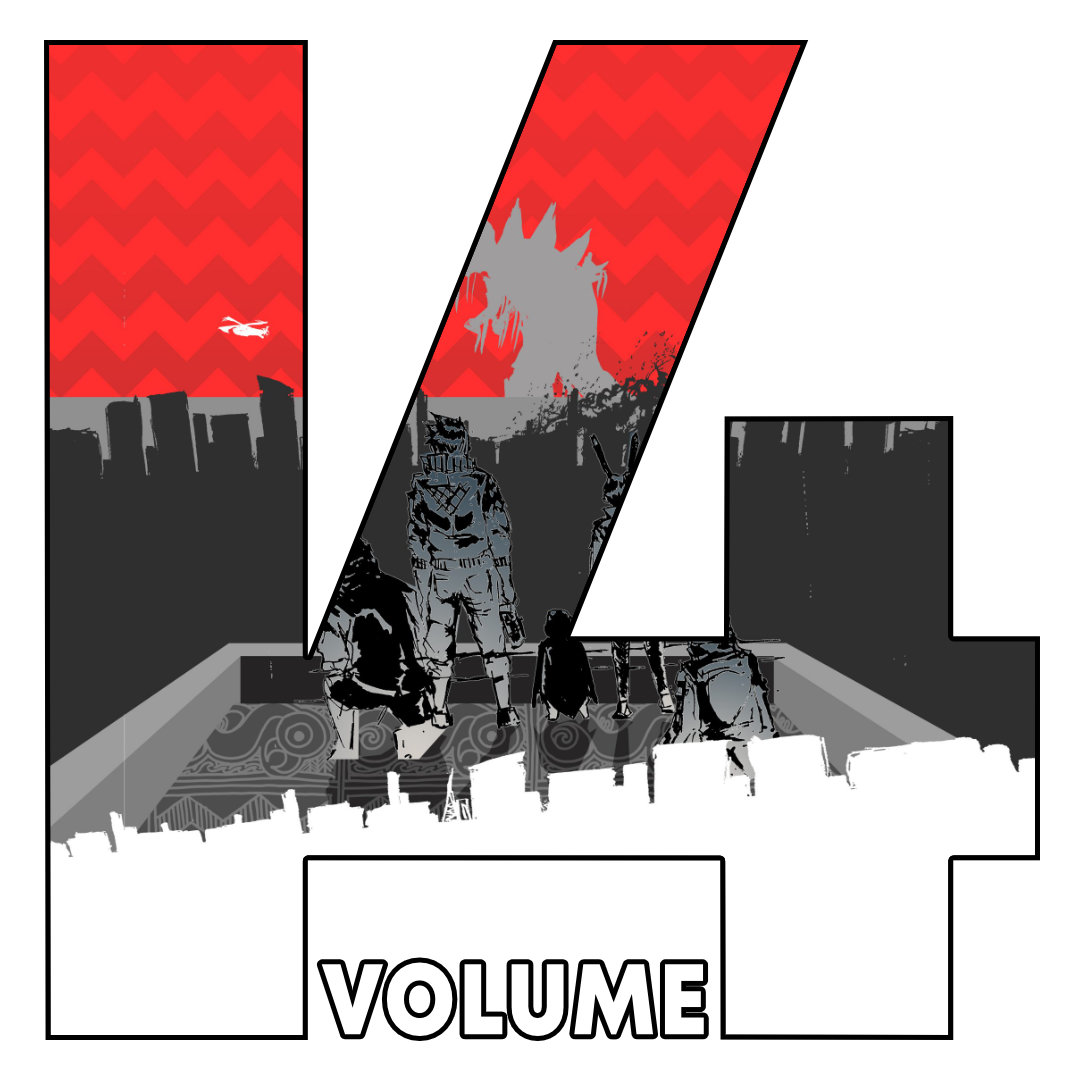
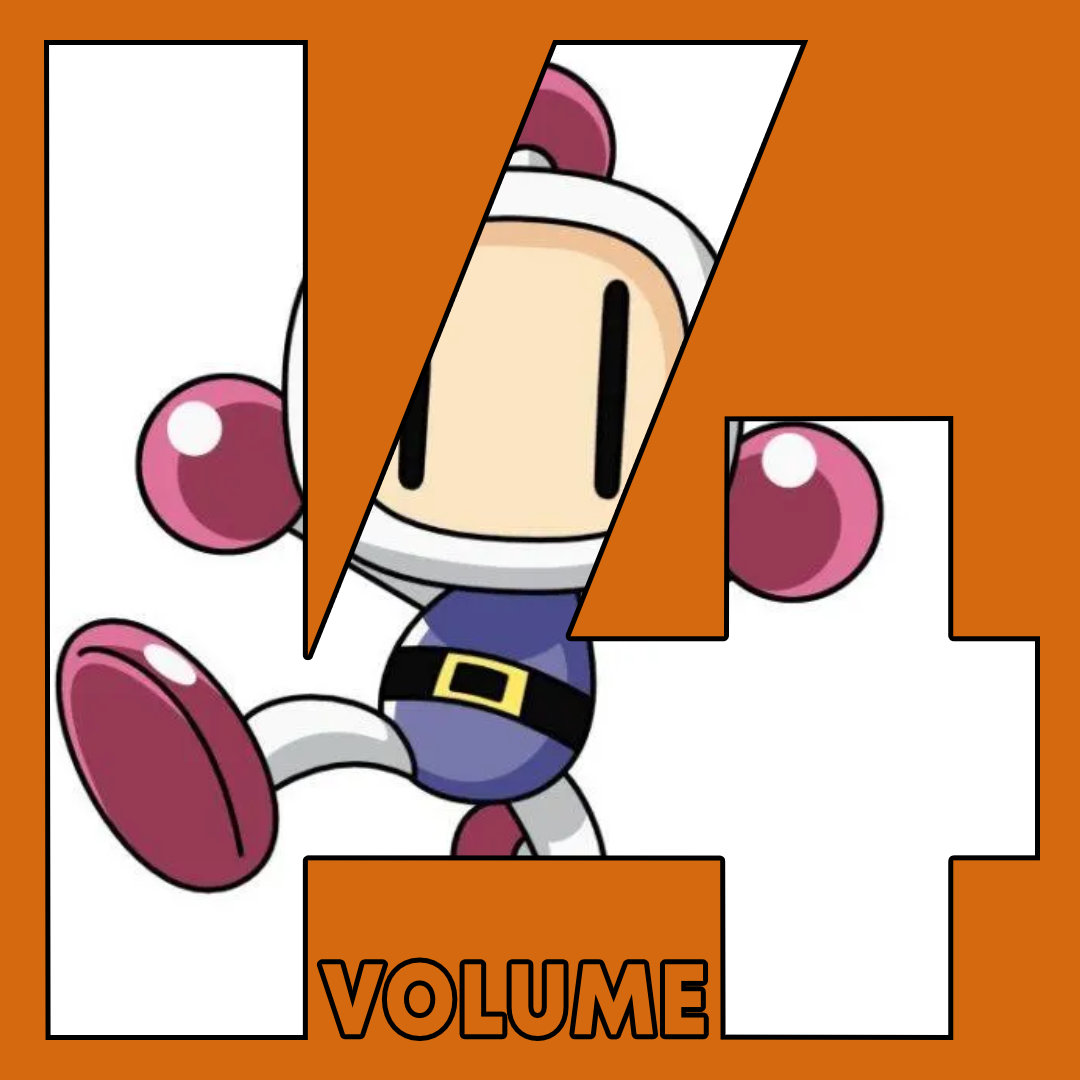
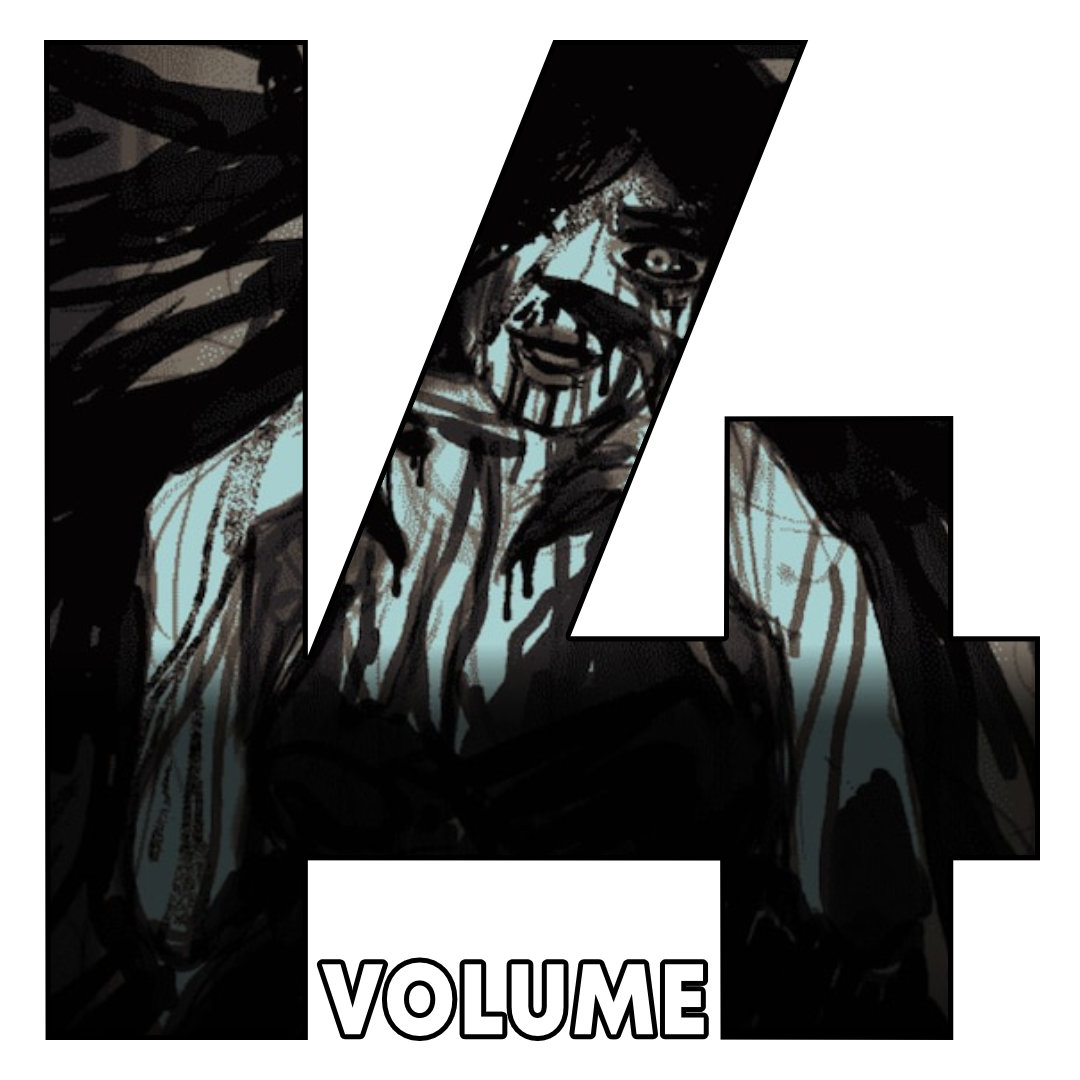
Great article, I really don’t pay enough attention to exactly who does what in each game I enjoy but it’s comforting to know a sizeable portion of team silent went on to make one of my favourite games of the last decade.